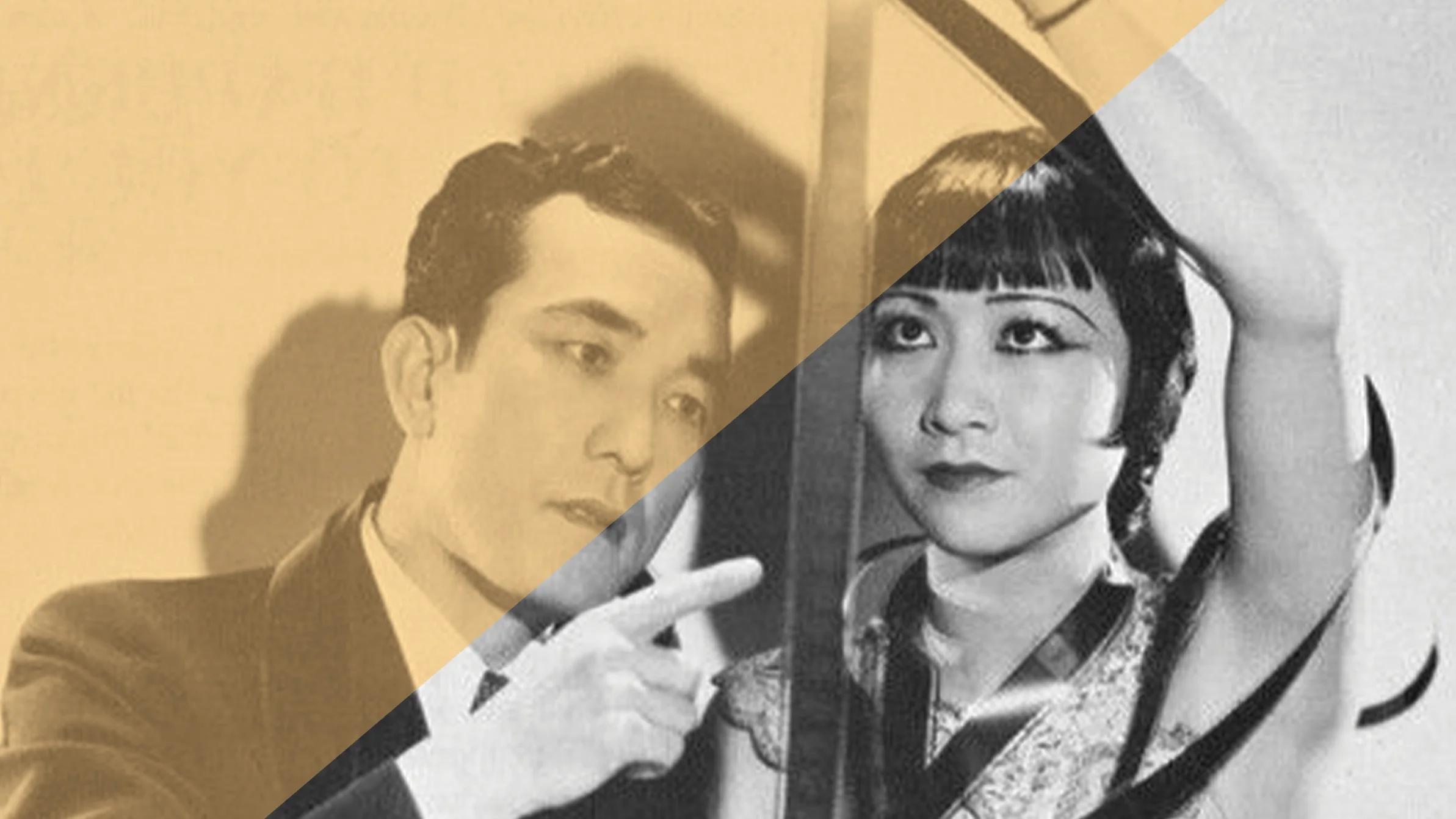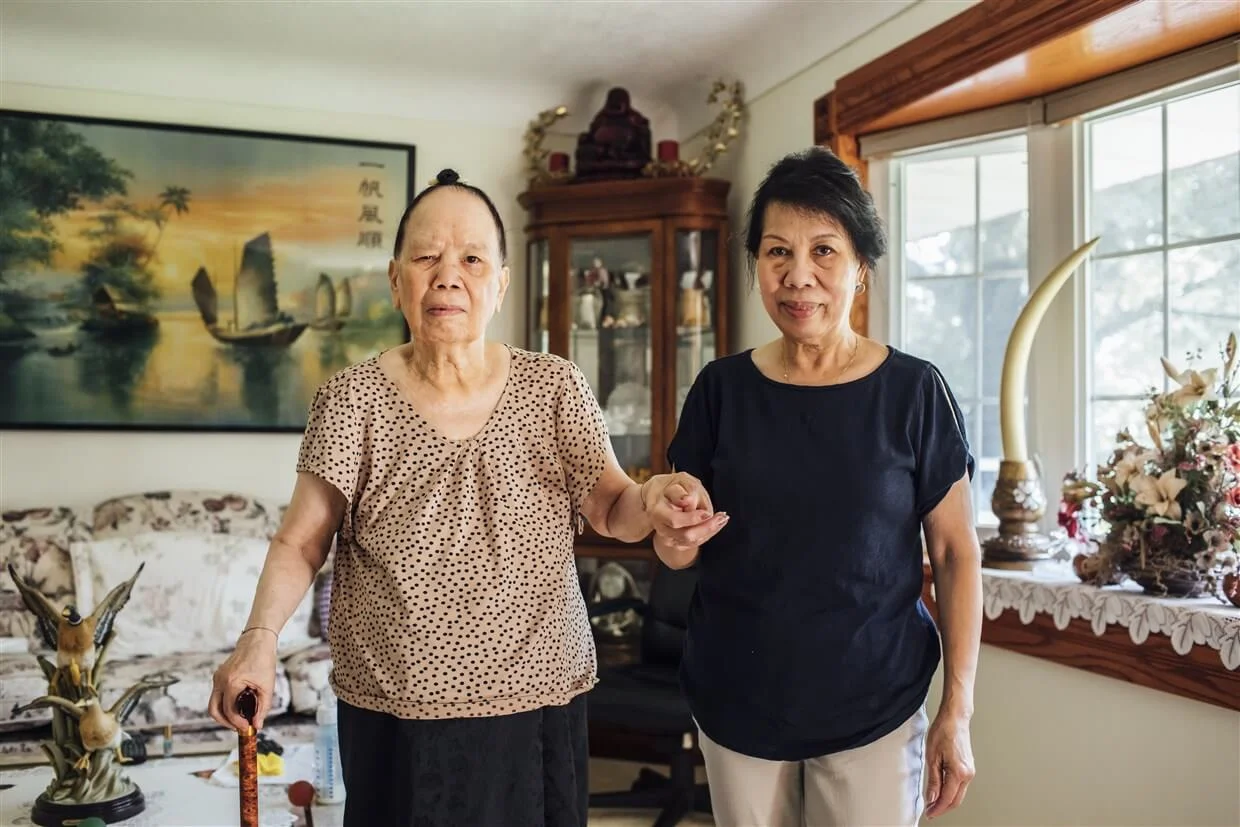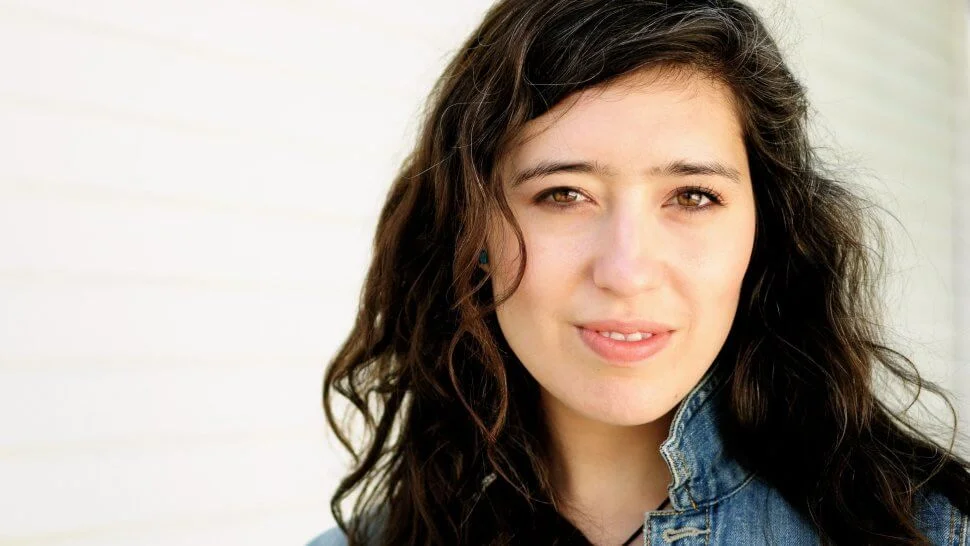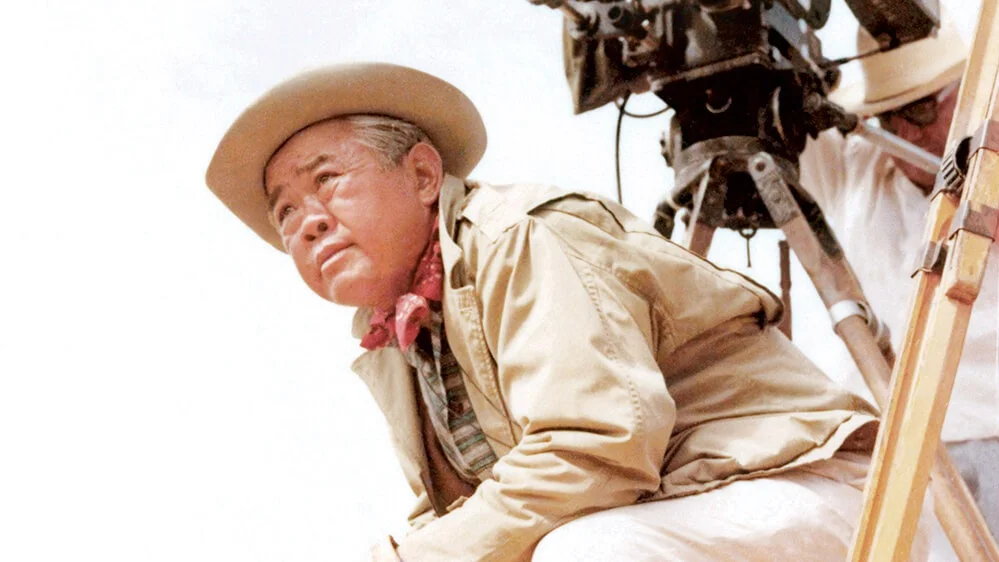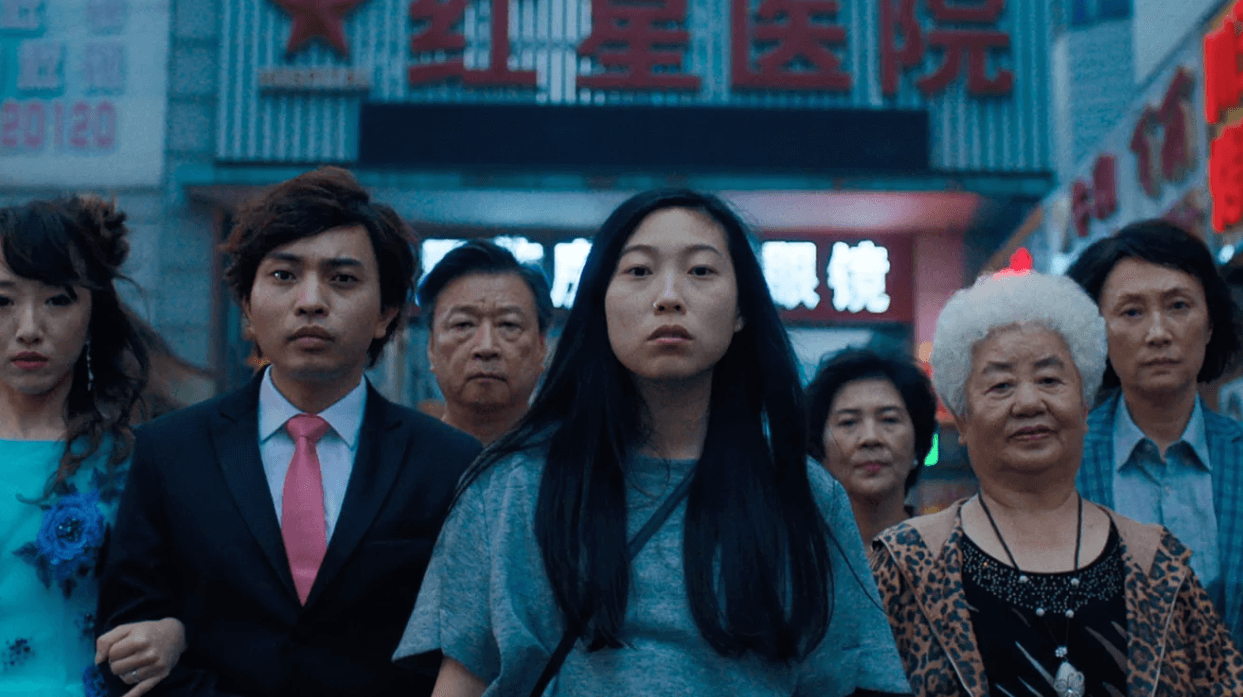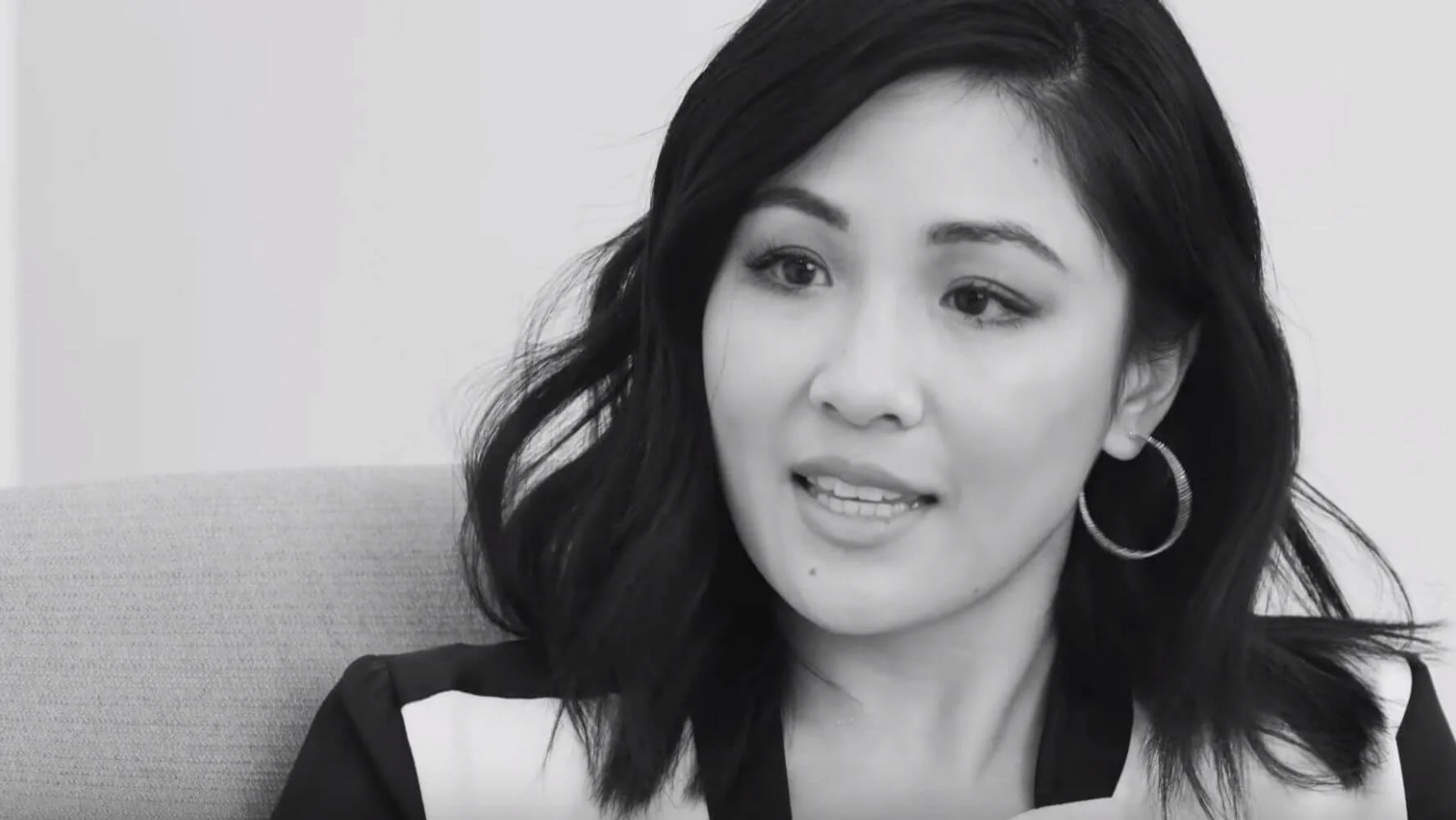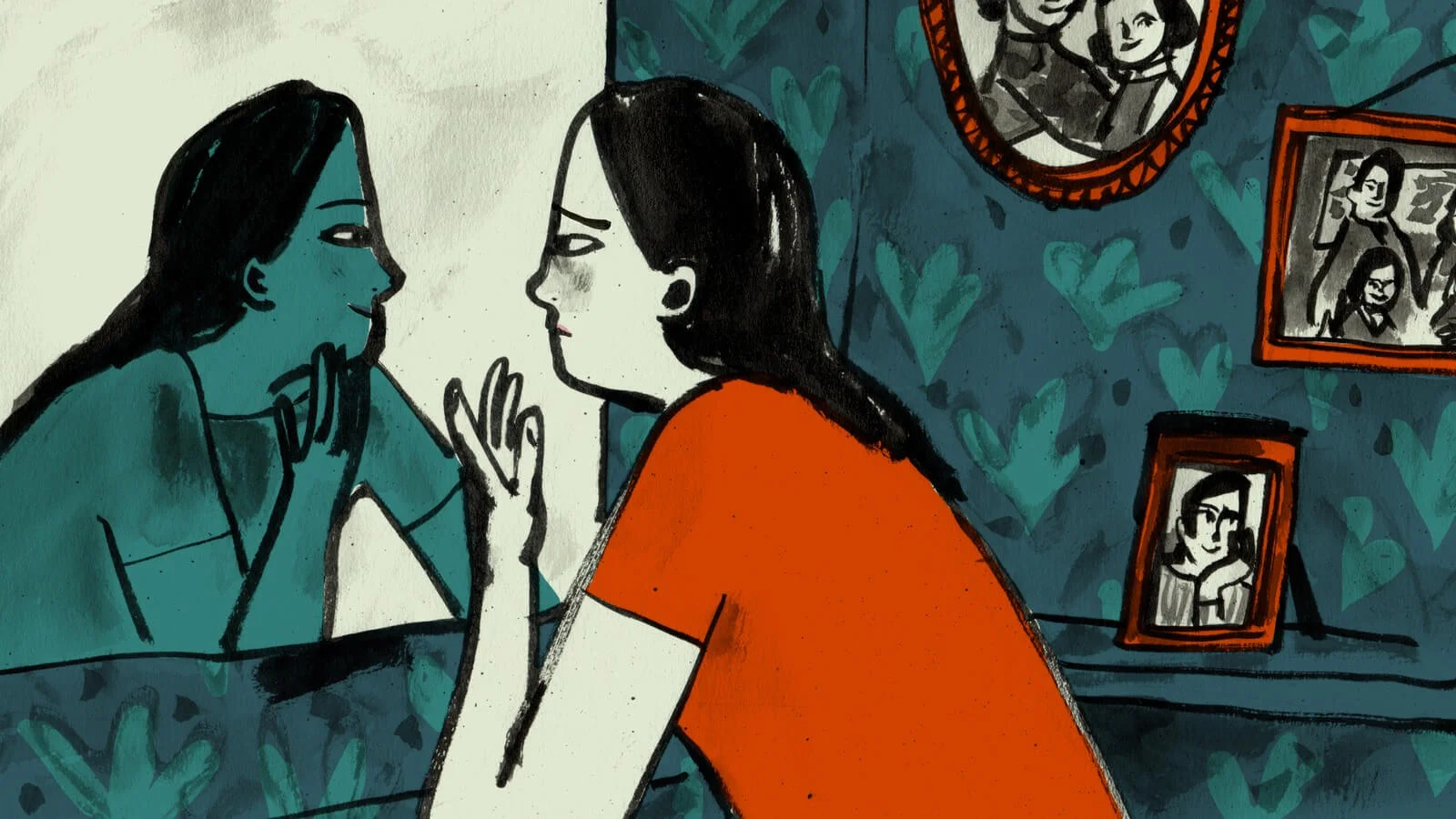Beginning their careers in the 1910’s silent film era, Anna May Wong and Sessue Hayakawa defied miscegenation laws and Yellow Peril sentiments by becoming overnight Hollywood sensations. Throughout their careers, they experienced the highs and lows of being Asian onscreen, gaining leading roles and Oscar nominations along the way. True icons often left out of history, we celebrate their lives and are inspired to build the world on our own terms.
Read More“Our immigrant parents came to America with a dream. That dream was for their children to land a first look television producing deal, scripted and unscripted, at a major Hollywood studio,” the trio said in a joint statement.
Read MoreAn AARP survey shows that many adults 50 or older prefer staying in their homes post-retirement but very few are able to do so. Even fewer can afford a long-term caretaker.
Read MorePlaywright Jessica Huang has been selected as the inaugural recipient of the 4 Seasons Residency. In collaboration with National New Play Network (NNPN), four organizations will collaborate in supporting Huang over the course of a year.
Read MoreThe Ordway Center for the Performing Arts has announced the recipients of the 27th annual Sally Awards. Saymoukda Vongsay, a Minnesota-based Lao-American writer who shares the experiences of refugees in plays, books and poetry. Her plays have been presented by the Smithsonian Asian Pacific American Center and locally by Theater Mu and Theater Unbound.
Read MoreLauren Yee makes her debut not only on American Theatre Magazine’s Top 20 but on their Top 10 Most Produced Plays list with not one but two titles: The Great Leap and Cambodian Rock Band.
Read More“I am not Brock Turner’s victim. I am not his anything. I don’t belong to him. I am also half Chinese. My Chinese name is Zhang Xiao Xia, which translates to Little Summer.” We must continue to listen to survivors, with all of their intersecting identities, whether or not they choose to publicly share their traumas. We must support, confront and disrupt, and work to eradicate systemic issues of toxic masculinity, rape culture, and sexual violence.
Read MoreFew Hollywood stories can match the career highs and heartbreaking lows of James Wong Howe, whom Variety recognized in its July 15, 1976, edition as “one of the world’s foremost cinematographers, and usually considered without peer in the black-and-white field.” More than 40 years later, that still holds true.
Read More“I am not what you would think of when you think of a movie star. I don’t look like one. I don’t sound like one. I don’t act like one,” she said. “I want to show girls, young Asian-American girls, that you can be literally what you don’t see there and you can still do it. You have to open the door for the next generation.”
Read MoreFinding that community of Asian American creatives wanting to work and make things together is key. Nancy Wang Yuen emphasizes that “The talent has been there. There is more support, more platforms, [people are] more nurtured. There are more Asian Americans behind-the-scenes working on Asian American projects…a desire for Asian American writers to tell the story.”
Read MoreThe pain of Asians is not something to be disregarded or pushed down, even as Borstein, Gillis, and Yang all believed, at some point and in their own way, that the aggrieved should just try harder. It’s not clear why this expectation consistently falls on Asians. None of us think combatting a bad comedian is the first priority of forging a path toward collective liberation; we’re just trying to say that it sucks. It’s that simple.
Read MoreOur 28th season, my first at Theater Mu, is inspired by the late Yuri Kochiyama, the legendary Asian American civil rights activist who urged her community, “Tomorrow’s world is yours to build.”
Read MoreYang joined SNL last season as a writer and will be the show's first full-time Asian American castmember. He also co-hosts the Las Culturistas podcast. He appeared on camera as Kim Jong-Un last season in a sketch with Sandra Oh.
Read MoreConstance Wu recounted a childhood memory in which a teacher wrongly accused her of plagiarism. “My parents, while they are very educated ... his spoken accent is very strong and he has a softer voice. ... this woman is already thinking that I’m dumb and I’m not good enough. I’m not going to let her think that about my parents just because they talk differently,” she said.
Read MoreWhen Asians were declared a model minority—by the community itself, and then embraced as such by Westerners—face put on the pressure to maintain it. It needs to be recognized that Asian Americans are a diverse amalgam of different cultures that contains both ends of the spectrum: those that have “succeeded," in the traditional sense, but many who haven’t. Then, perhaps there can be the acknowledgement that anyone can break under immense pressure, and discussions of mental health can be normalized.
Read More“It's also a great way for Filipino-Americans to have representation in America right now because I didn't have that sh*t growing up,” Eva says, “For me, it was finally a chance, where I felt like this made sense. This is my story, this is the girl next door's story. This is the girl in the Philippines' story. This is a Filipino story.”
Read MoreIn doing so, we’re reinforcing the basic premise of critics: that adherence to Western masculinity should be the yardstick by which manhood and sexual appeal are universally measured. Instead of rejecting objectification and fetishization—realities that Asian women face every day—Asian men are aspiring to such circumstances.
Read MoreBut there’s a clear objective to this objectification: detonation — to blow up the stereotype of the emasculated Asian man. If you’re not familiar with Hollywood’s troubled history of portraying Asian men, it’s a given that if an Asian man pops up in a mainstream movie, he’s going to be asexual.
Read More“They’re the ones who always do the right thing, stand up for the little guy and then fly away into the sunset. What could be more cool than that? I think seeing yourself represented in that way can have a profound impact on how you view your place in society, your cultural identity and what you are capable of achieving.”
Read More“There’s nothing else to call him but the butt of the joke, because everything that makes him powerful is the very thing that makes him laughable in the film,” said Yuen, who found the depiction and her theater’s reaction to it insulting. “His kung fu becomes a joke, and his philosophizing becomes a fortune cookie, and the sounds that he makes as he does kung fu are literally made fun of by Cliff. They made his arrogance look like he was a fraud.”
Read More
